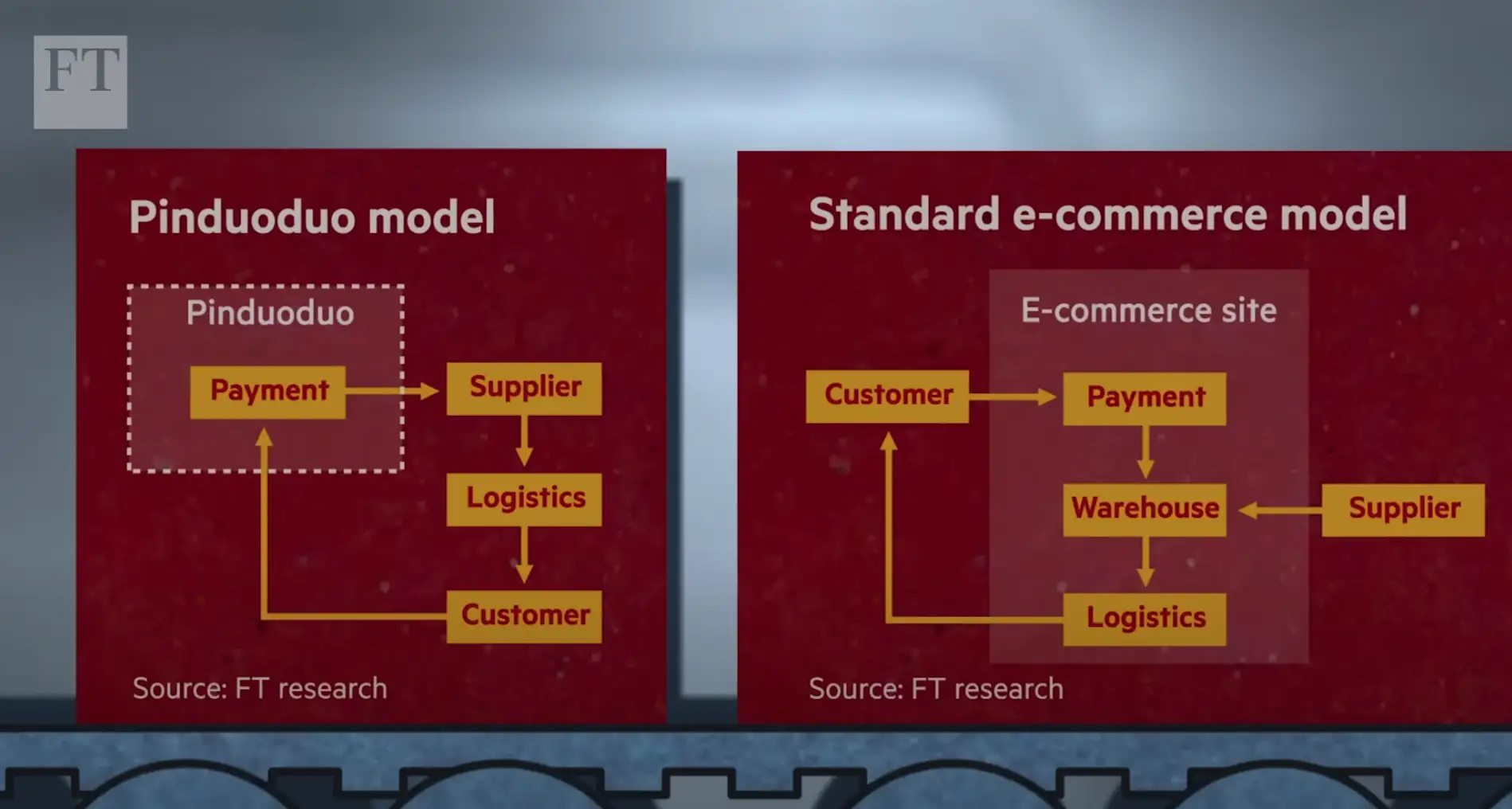Ordering in the Factory: Chinese Ecommerce - The Direct Feedback Loop from the Factory
Is the rise of Chinese e-commerce giants is shaking up the global retail landscape? The impact of Chinese E-commerce on the global market continues to grow, as it pushes capitalist ideals to new heights. This is a result of various factors at play. China boasts a massive domestic market, where consumers across cities and towns enjoy purchasing products online. The country has also made significant improvements in logistics, with an extensive train network being just one example. Additionally, China holds the title for the world's largest production pipeline and excels in rapid product development cycles seen in places like Shenzen - often referred to as the Silicon Valley of hardware.
E-commerce giants like Jd.com, Alibaba, Shein, and the newest addition, Pinduduo with its Temu app, are rapidly expanding beyond Chinese borders. Through aggressive ultra-low cost and even free product campaigns, Temu has become recently one of the most popular apps in the USA. Like Alibaba, Pinduduo takes advantage of the de minimis provision in the US, allowing for products up to $800 to be imported without taxes. Read more about that topic.
On the other hand, it provides a gamified approach to online shopping which tempts customers into buying unnecessary items, leading to unintentional purchases and filling homes with short-lived consumer products.
In an intriguing video report by Financial Times, the secretive nature of Pinduduo, the company behind Temu, is explored. Little is known about its sales figures and employees. However, what sets Pinduduo apart is its unique ecommerce model that has led to its success. This is a story of how digital disruption has revolutionized every step from production to consumer, creating what they call a "customer-to-manufacturer" model.
The products that we as western consumers are buying on platforms, for example, like Amazon, the high cost of them has a lot to do with the fact that they need to create a brand. They spend a lot on marketing. They do consumer surveys to try and figure out what we want. All of this costs money and is baked into the price of the product.
Temu has stripped that away. They've basically said, OK, we're going to go straight to the manufacturer, use algorithms to predict what shoppers want online, cut out all of this brand creation, fee, cost structure, and ship these goods directly from the factories to shoppers in the west.
